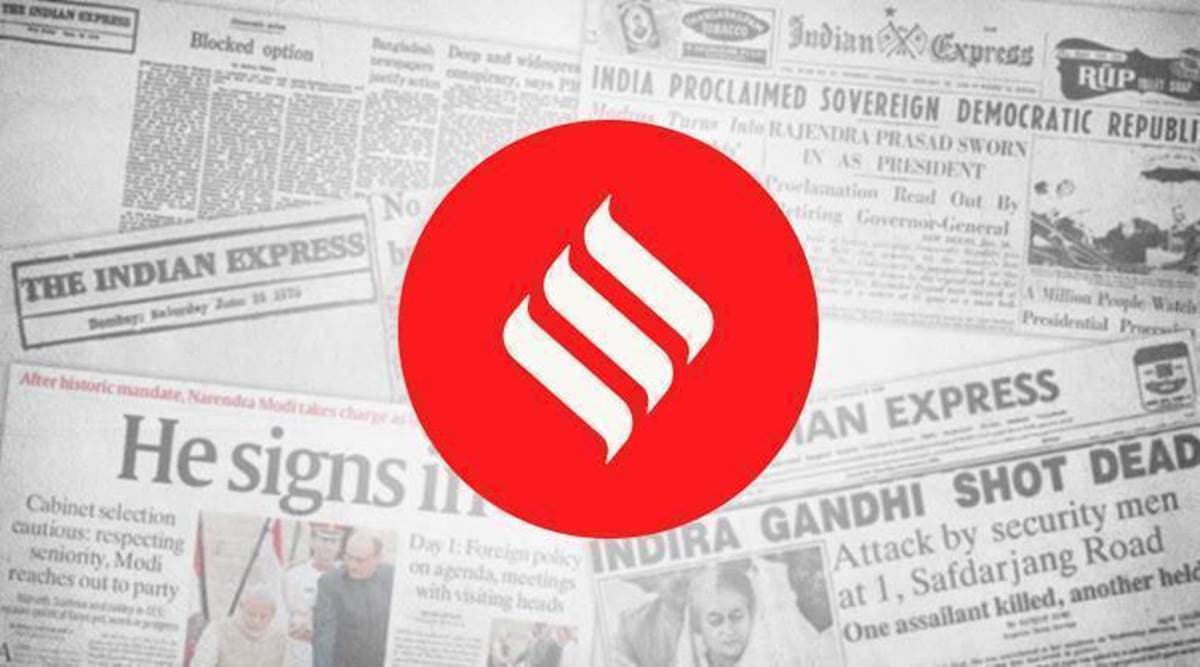 The Indian economy contracted by a staggering 23.9 per cent in the first quarter of the current financial year.
The Indian economy contracted by a staggering 23.9 per cent in the first quarter of the current financial year.Last year, celebrated film-maker Martin Scorsese stoked controversy when he said that films in the Marvel Cinematic Universe were “not cinema” and more like “theme parks”. Given their ubiquity, and dominance of the market, Scorsese’s argument had many takers. In their defence, the fans of comic book movies held up Black Panther (2018). Chadwick Boseman’s role as T’Challa, king of the fictional nation of Wakanda, was a celebration of African culture, imagining a technological superpower that is rooted in a milieu that is not white American. It remains the first superhero movie to be nominated for an Oscar. With his performance, Boseman paved the way for actors of colour in the world of blockbusters.
Boseman died last week after a four-year battle with cancer. He was 43. While T’Challa will undoubtedly be his most popular character, the role was of a piece with the body of work he built up in his all-too-brief career. Before playing a fictional progressive ruler and fighter, he played the lead role in three biopics of African-American icons — Jackie Robinson, the first African-American to play major league baseball (42, 2013); musician and entertainer James Brown (Get On Up, 2014) and civil rights lawyer Thurgood Marshall (Marshall, 2017). Like Denzel Washington (who, incidentally, helped pay for Boseman to study acting at Oxford), Boseman managed to bring out the humanity and complexity of great historical figures, without diminishing their dignity or legacy.
Black Panther came out at a time when racism and police brutality were being backed, at least tacitly, by the highest office in the US. Boseman, the star of the film, was also a generous performer, allowing strong women actors and characters to shine alongside him. After playing great historical black figures, he gave the world a fictional, futuristic one, someone to both look up to and look forward to.